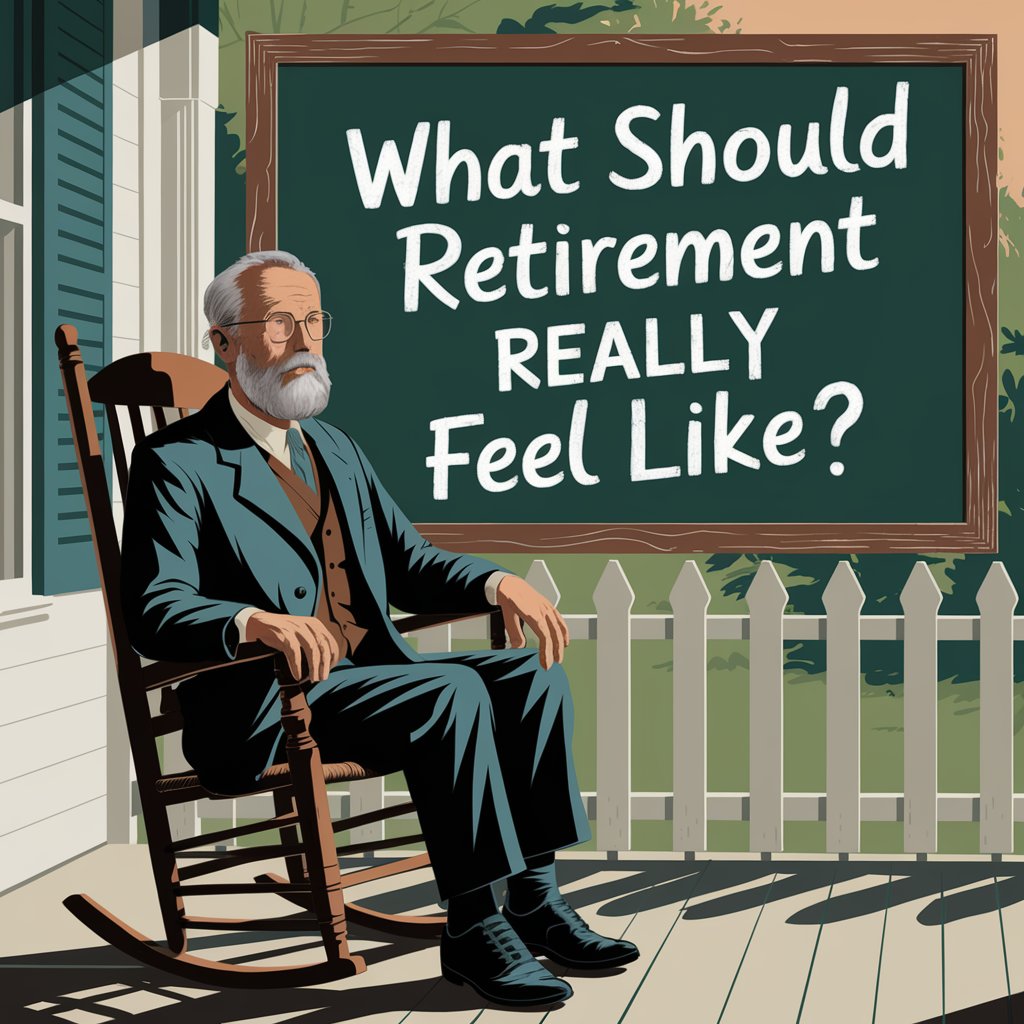Retirement marks a powerful shift in life’s rhythm. It’s the moment when the early alarms, long workdays, and constant deadlines begin to fade—and something new takes shape. But what should retirement feel like? Not just in theory, but in real, everyday moments?
The answer is both deeply personal and surprisingly universal. Retirement should feel like a homecoming to yourself—a return to the things that matter most, with the freedom to live each day with meaning, calm, and joy.
A Sense of Freedom, Not Just Rest
Retirement is often portrayed as endless leisure or quiet relaxation. And while rest is certainly a welcome part of the equation, true retirement is more than just slowing down—it’s about choosing how to spend time, rather than having it scheduled for you.
It might mean traveling, learning a new skill, tending a garden, or spending long afternoons with loved ones. Whatever the activity, the common thread is freedom—freedom to be curious, to be spontaneous, to pursue passions that may have waited in the wings for decades.
Comfort Without Compromise
After years of working hard, comfort becomes a well-earned priority. Retirement should bring a sense of ease—not only physically, but emotionally. The right environment, whether at home or within a supportive community, plays a big role in maintaining that comfort.
This includes living spaces that promote independence while offering assistance when needed. For individuals experiencing memory-related conditions, specialized support becomes essential. Compassionate environments like dementia care at Ivybank House offer residents the comfort of safety, routine, and dignity, while still enabling them to enjoy the unique moments of retirement in their own way.
Purpose Doesn’t Retire
One of the most surprising truths about retirement is that the need for purpose never fades. In fact, with more time and fewer obligations, the desire to contribute, create, or care for others can become even stronger.
Whether it’s volunteering, mentoring, creating art, or nurturing relationships, retirement should still feel meaningful. Purpose doesn’t always have to be ambitious—it can be as simple as sharing wisdom, keeping a tradition alive, or being present for a grandchild’s milestones.
Connection Above All
Perhaps most of all, retirement should feel connected. Social bonds are what make life rich—whether it’s friendships built over tea and laughter, family visits, or a shared moment with a neighbor. These interactions are just as vital as good health or financial stability.
Isolation can creep in quietly during retirement, which is why staying part of a community—whether through clubs, activities, or shared living spaces—is crucial. Moments of connection help make each day feel full, purposeful, and valued.
A Time to Feel More Like You
Above all, retirement should feel like a return to self. With fewer obligations pulling in every direction, there’s space to rediscover old joys, reflect on the journey so far, and embrace who you are in the present moment.
It’s not about doing everything—it’s about doing what feels right, with the energy and wisdom gained over a lifetime.
Conclusion
Retirement isn’t the end of the story—it’s the start of a powerful new chapter. It should feel like ease, like freedom, like connection. It should feel like peace with where you’ve been, and excitement about where you still might go. And when supported by the right environment and people, retirement can become exactly what it was always meant to be—a celebration of life, lived fully and authentically.






